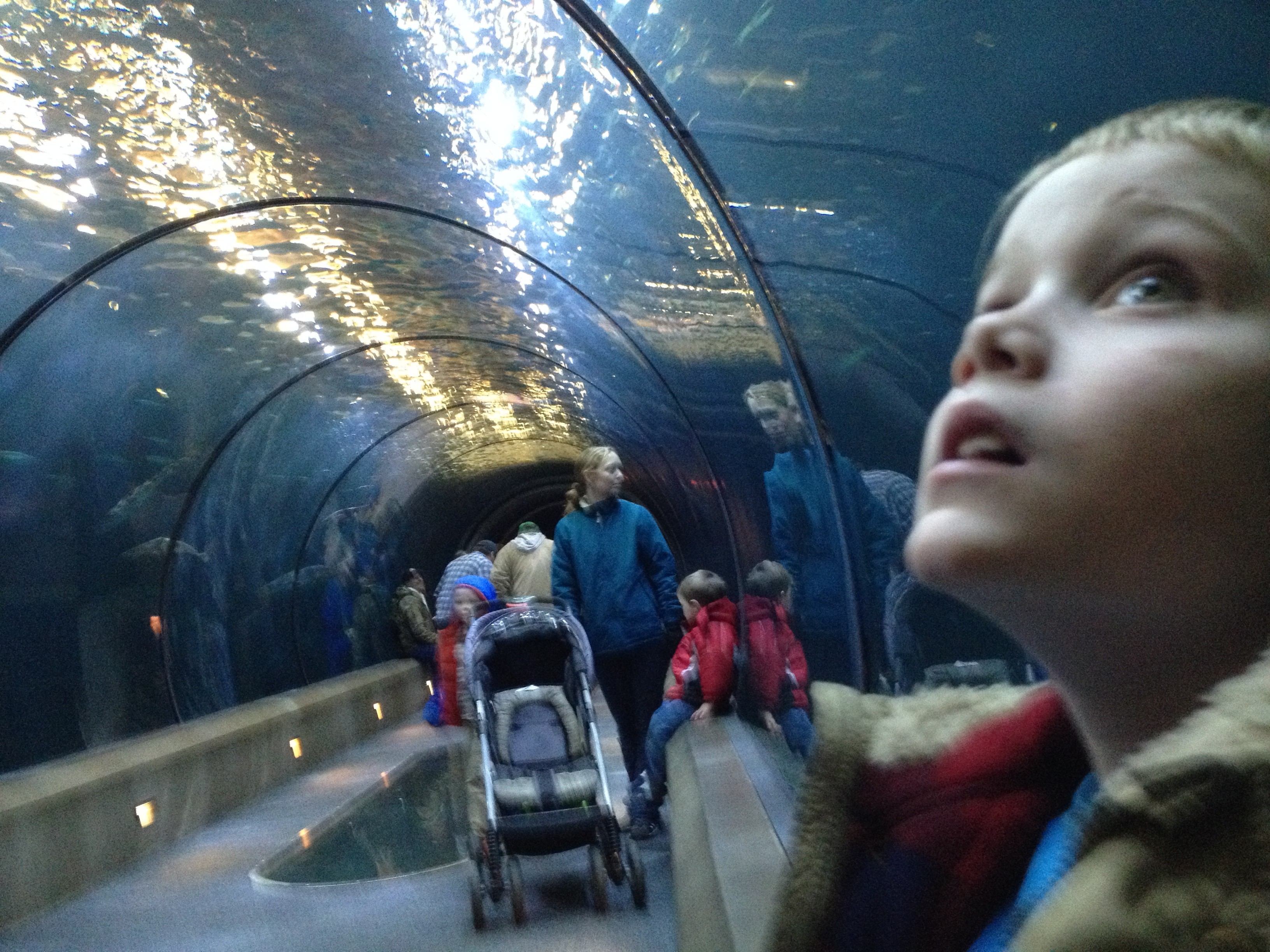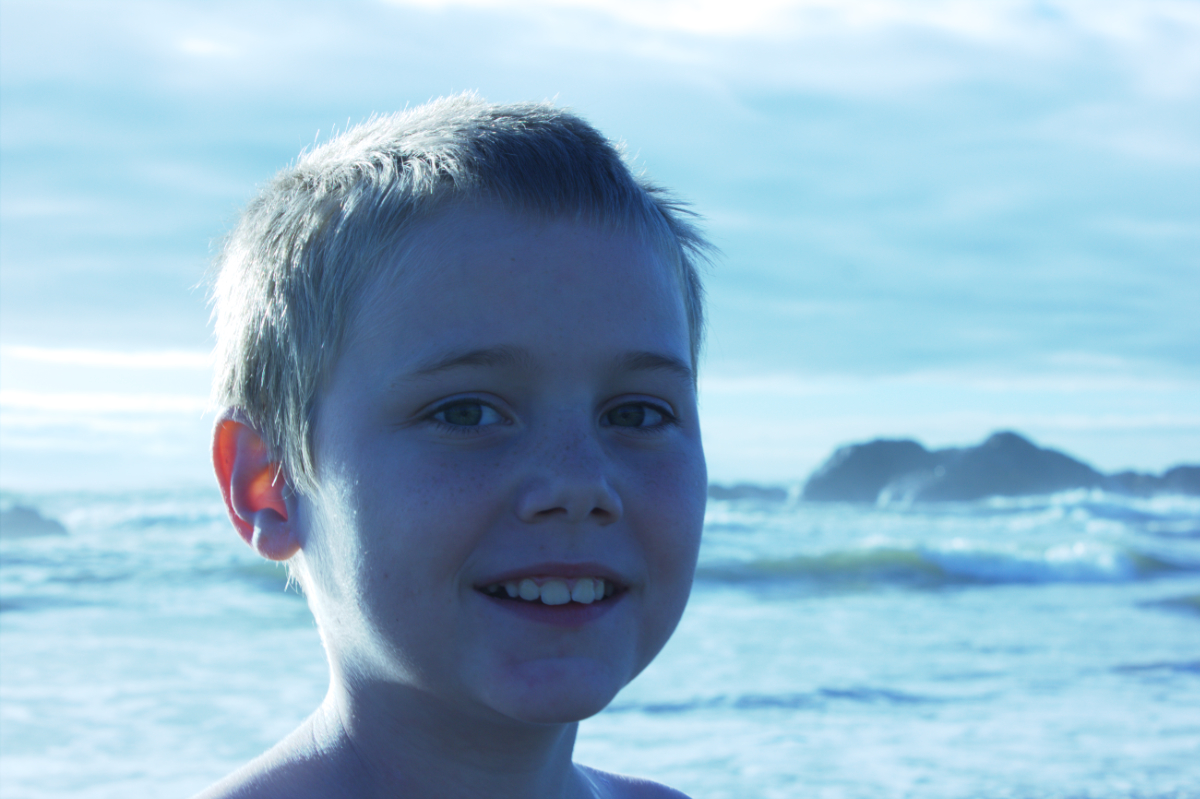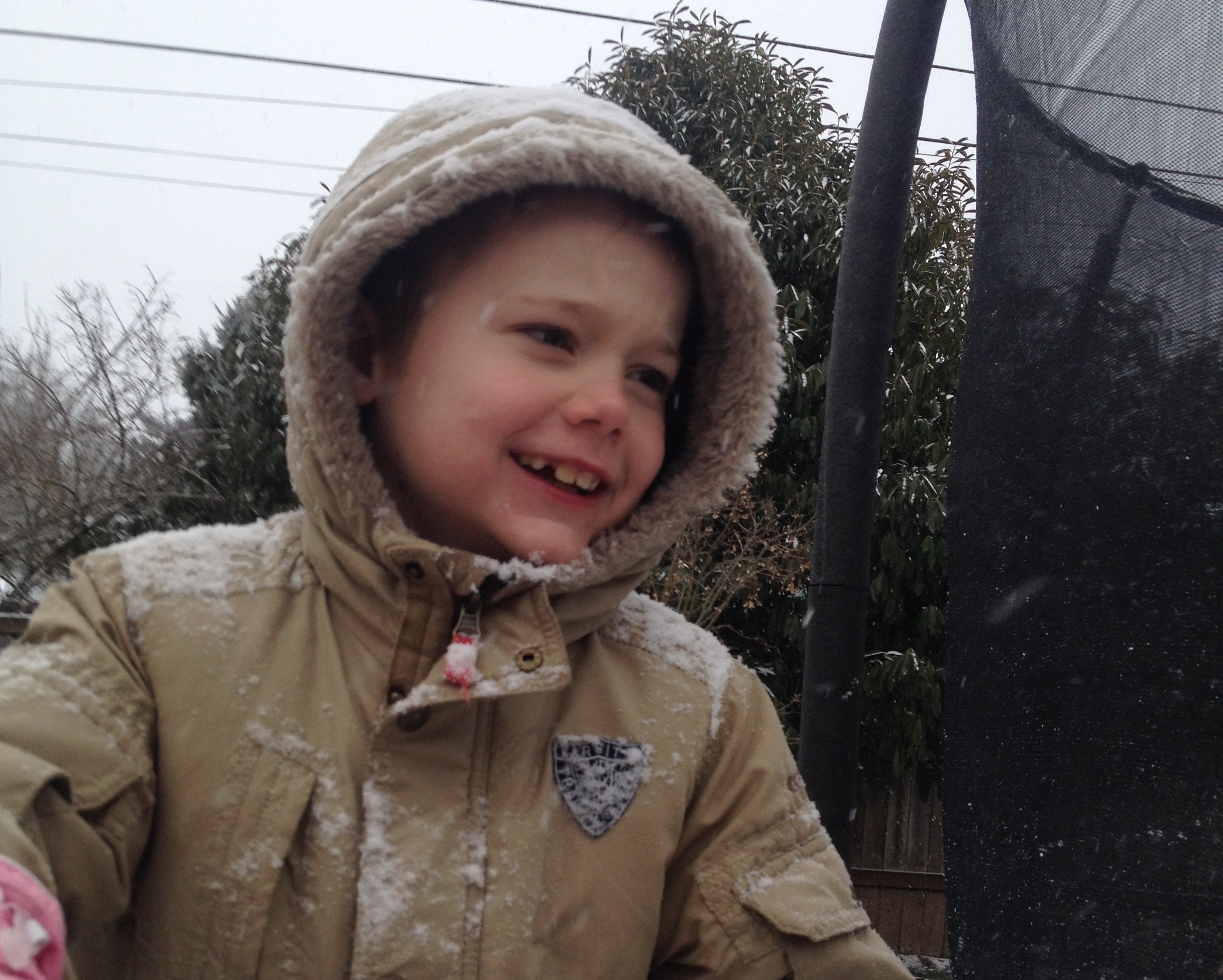Regression and Renaissance
Back when “Early intervention” was a new term and a thin hope for us, I used to drive my son to school every afternoon. We were lucky to get him in the program. He was four years old. Just months removed from his diagnosis, and two years from the initial regression that took away his words and all but severed our connection with him.
Those afternoons were great for sleepwalking. I would drop him off, choke back my new reality, and zombie over to a coffee shop where I would open my laptop and medicate myself with work and sports talk to avoid daydreaming.
Four o’clock would come and I would retrieve him from class with a numb, vague idea that he might have learned something he would remember tomorrow.
The regressions had kept coming back, you see. We would hear a new sentence. A new skill. A new glimmer. But the next day? Gone.
“I swear, he was doing it last night!” we would insist to his teachers.
The mystery of those regressions had been hanging in our minds and our stomachs for weeks. Everyone was concerned. The tests had been extensive and traumatic. My poor wife, trying to keep him asleep for hours while they tested for absence seizures…
Everything came back negative.
Then came the worst day. On this afternoon, I found a parking space out front. There was a big silver handicap button for the door that Jack always loved to push when I dropped him off. I avoided the button and pulled the door open instead. My personal rebellion.
A few moms were waiting outside the classroom gate. Inside, I saw Jack with his teacher. She looked apprehensive. We walked a few steps out of earshot from the moms, and she delivered her tentative conclusion about the regressions.
“We think he might be mentally retarded,” she said in a kind voice.
I died a little more at her words.
I thanked her and mumbled something about how we’d wondered about that, and no we were not offended, and thank you again, we’ll be fine.
I wept like a baby the whole way home. It is a wonder I stayed on the road.
That was my worst day. I have almost never spoken about it.
It wasn’t a diagnosis, first of all. It was a concern, and a well founded one. A theory that seemed to fit the facts, but was far from conclusive. And this is how Jack’s teacher presented it. She was professional, insightful, and sensitive, and we loved her for it.
Secondly, I know the term has since been replaced by gentler ones. I am thankful. Remember, this conversation happened several years ago, and in context, it was not offensive. We knew what she meant.
Still, the words stung. The possibility stung.
Sara and I didn’t talk about the theory much, though I think she dismissed it almost out of hand. She inherited the faith of her late father, I think. Forget moving mountains; that man could move entire mountain ranges with his faith. And true to form, his daughter held on to her small, almost imperceptive observations of Jack’s growth that I suspected were pure denial.
I tried to prepare myself for the grim possibility that Jack’s condition might go beyond autism. That he might not be able to learn. But everywhere in the autism community, I saw statements like, “Autistic people are NOT disabled!” And of course, it’s true. Autism and “cognitive disabilities” are completely different. And yes, I know that many, many autistic people are not only verbal and accomplished in most areas of life, they are often brilliant. And yes, yes, yes, I know: “different, not less.”
But what about the times there actually is a “retardation” (I use the term in the literal sense) that makes progress all but impossible? What if there is a permanently disabled brain that will not ever latch onto information or make relational connections?
In those instances, I fear that the insistence on a strict differentiation becomes a slap in the face of those dealing with cognitive impairments. It feels to me like we’re molding a new kind of caste system in the special needs community. And there is no doubt which class is at the bottom.
And I thought, that could be my son you’re trying to keep your distance from! And even despite my own lingering depression–the great failure of that season of my life–I knew his value has never been based on his abilities or his possible disabilities. Jackson’s value, like all of ours, is inherent. God-given. Soulborn.
Four years it’s been, and I’m learning to daydream again, little by little.
Part of that is my own spiritual journey. The other part is my son’s personal Renaissance.
First came “Jack and Daddy.” Then came a video sent home from school a few weeks ago. Jack was answering his teacher’s questions in the clip. Giving his address. The names of his brothers and sisters. The name of the school. He has never done any of this before. Ever.
Then, last week, he gave me an unsolicited hug and an “I wuv you, Daddy.”
And finally, this morning, while he answered all those same questions for my parents via my iPhone with clarity and certainty, it all crystalized for me:
My son is learning. He is growing. And I am finally believing.
I am believing that there really is a treasure trove of skills and knowledge inside him that can be unlocked. That he knows our affection. That he knows we love him.
I am believing that his mind is not, in fact, stuck.
This is why I’m revisiting that afternoon. I need to put the incident to bed. Because I made a decision on that day to hope for less, and Jack is currently waging a campaign against that decision. By my oath, the boy is relentless.
And today, I am choosing to surrender.








Jason, thanks for sharing that. I will be showing this to my friend Jeff as I think it will give him some benefit. I am so happy for the strides Jack is making and thank Almighty God for them. You and Jack are truly inspirational and I am honoured to know you both and call you my friend. You guys Rock!
Thanks, Steve.
Thank you, again, Jason. Soulborn. I hope, really hope that I remember that. Soulborn value. And please understand I am making no comparison here, merely an observation. I wrote a poem about Kelley some years ago. It is called “Downstairs”. I do not have it with me here in Nica and I don’t memorize my poems. But this one starts out: He is not far away
He’s downstairs
In the treasure trove
of his mind….
and at the end I wrote something like
And a nugget from his treasure trove
is worth more to me
than the fool’s gold
of any other.
I think it fits. And I am so glad that both God and Jack are relentless. I know I need that, too
Sarah
Very cool, Sarah. Thank you for that. It makes me smile, thinking of how you must have had to learn the language of a quiet, scholarly husband. 🙂
If there is anything at all that I have learned about my children with autism, and have seen in other children struggling to learn and latch on, it’s that they *do* learn. You never know when it’ll show through, and you never know *how* it will show through, but it will. At some point.
I see it in my own children. They seem do be doing well, making small steps forward, and then the regression hits. I’m left in their dust because I grew accustomed to the new progress. By the time I get re-adjusted to the regression, they start moving forward again. This lasts for months on end each time.
Just like our faith, we have to keep our eyes open for those tiny, little details that tell us the truth. I am thrilled for the progress you are witnessing. Prayers to you all.
So, so true. And that’s where I’ve struggled so much in the past. Getting left in the dust. That’s where I stopped looking for the little things that would give me hope. Thanks, Tina.
Jason,
“Mental retardation”, or the new term, “intellectual disability”, is just a label. Use it to get services for Jack and to help you plan for his future, but besides that, put it aside. Over 50% of kids with autism have intellectual disability – it is quite common. It doesn’t mean they cannot learn; it means they learn more slowly. Congratulations on hearing those three little words – many parents with children on the spectrum never hear them. Both of my children have autism and my nearly 5-year old just said “Wuv you” to me for the first time, whereas my daughter, now 6, cannot speak at all, but can communicate well with a device. God made Jack, and He is proud of him. As a fellow Dad, I know it’s tough (I have no idea what it means to parent typical kids), but I am so happy you are now proud of him too.
I’m remembering some of Jon’s struggles with communication. Verbally, he was on top of things, but even in 4th or 5th grade, (when he read C.S. Lewis’ space trilogy) if he had to spell it and write it legibly, he was limited to things like “The cat sat on the mat.” It was a great trial to him and his teachers as well. The spelling was one issue, the letter formation another, and the combination was mind boggling.
The communication difficulty has probably been as great a frustration to Jack as it has been to you. One of your escapes was sports; one of his has been flapping.